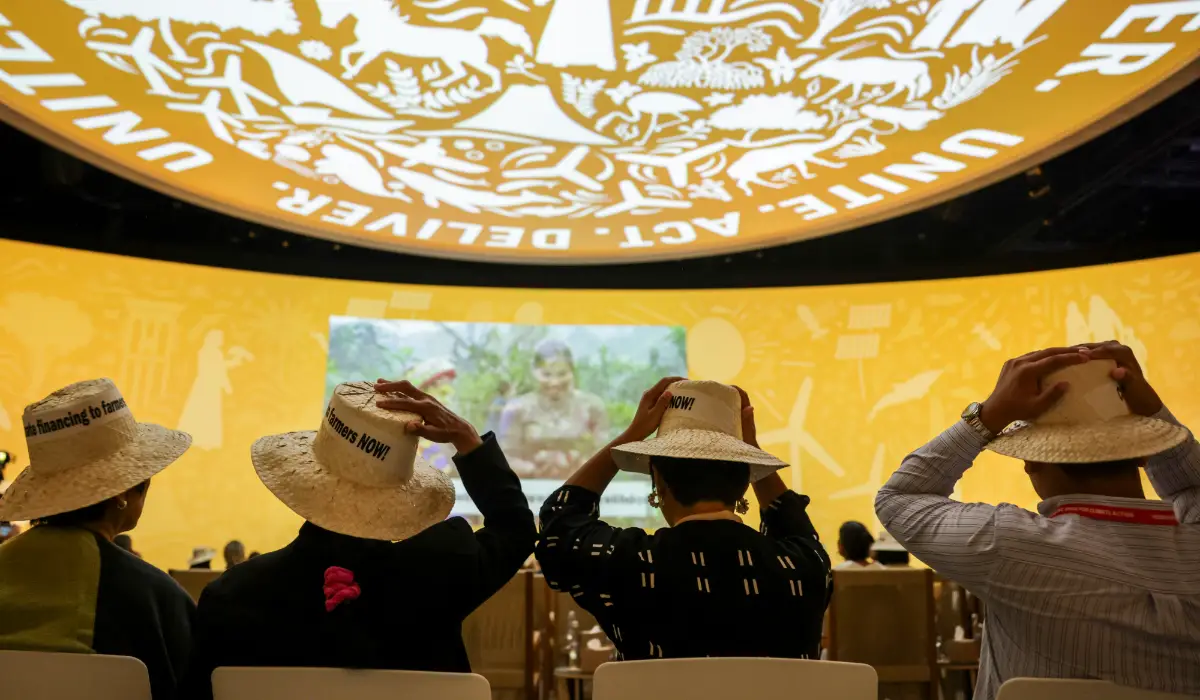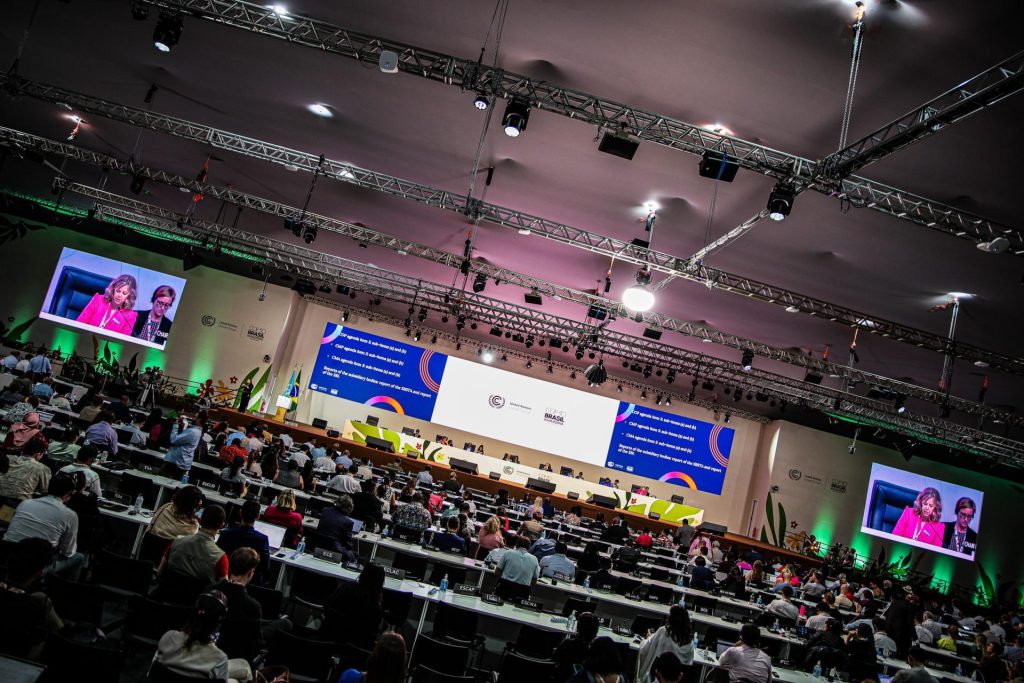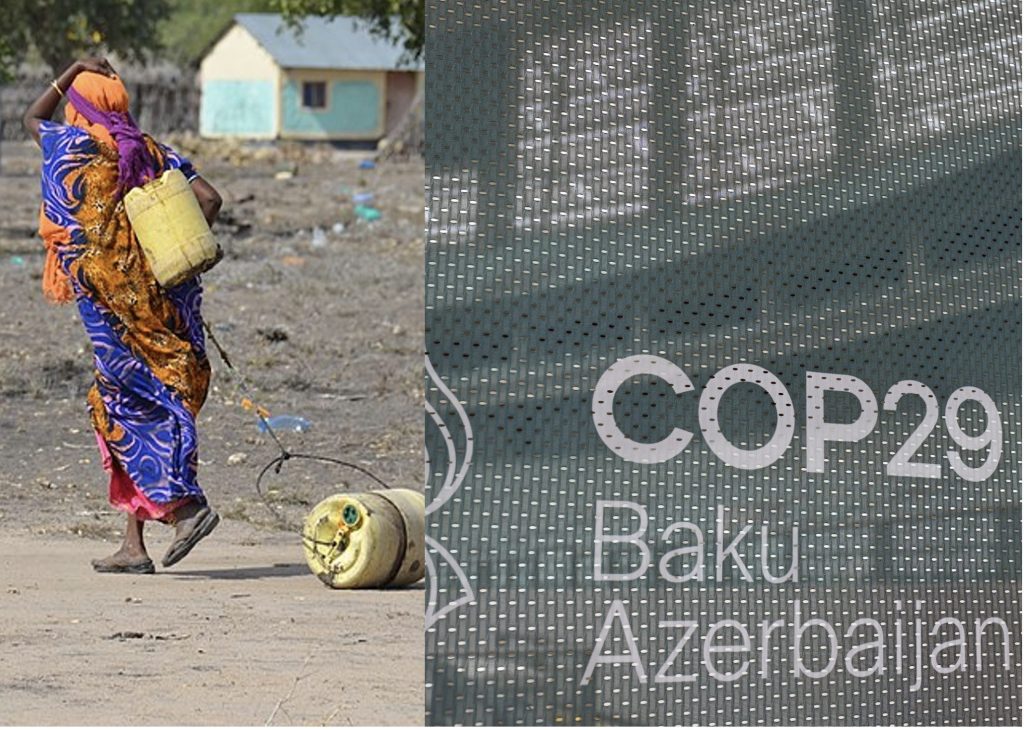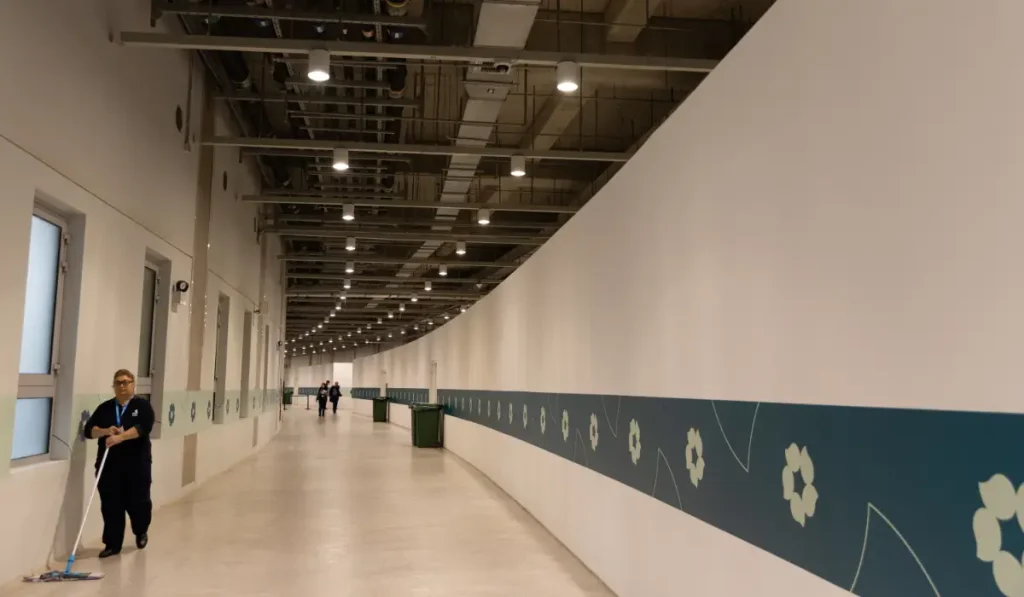The agricultural sector accounts for between 30 to 60% of gross domestic product, approximately 30% of the value of exports and is a source of employment for over two-thirds of Africa’s population. However, most African countries are currently net food importers with at least 82% of basic food imports coming from outside the continent. The region spent approximately $35 billion and $64.5 billion in 2015 and 2017 respectively on food imports, with the trend anticipated to rise to $110 billion by 2025 driven by rapid population growth, urbanization and limited cultivation. The continent boasts vast tracts of uncultivated arable land which has not been put to use, exacerbating poverty and food insecurity. For this reason, African governments have been looking to transform, amplify investment in and modernize the sector, to unlock its potential and to foster pathways for industrialization and sustainable economic development on the continent.
The agriculture sector in Africa is particularly vulnerable to climate change largely due to its low adaptive capacity and sensitivity to extreme weather events. Simultaneously, emissions from this sector represent a significant portion of the continent’s greenhouse gas emissions profile. For these reasons, climate-smart agriculture is a critical means to achieve food security whilst reducing emissions and enhancing resilience in Africa.
Agriculture and food systems have consistently been a priority and interest for the region and have featured prominently in African negotiations. African countries through their Nairobi Declaration during the inaugural Africa Climate Summit in September 2023 delivered consensus on a common interest and position that shaped the region’s negotiation position at COP28. One of the defining elements of the Declaration was for the region to redouble its efforts to boost agricultural yields through sustainable agricultural practices, to enhance food security while minimizing negative environmental impacts.
Building on growing momentum throughout 2023 to better address the agriculture and climate nexus, for the first time, food was included in the COP28 climate agenda. The COP28 UAE Declaration on Sustainable Agriculture, Resilient Food Systems, and Climate Action, was endorsed by 159 countries, including 34 from Africa. Although it does not materially advance the existing recommendations of the UNFCCC’s Koronivia Joint Work Programme on Agriculture, it does devote more attention to the integration of agriculture and food systems within national planning instruments. In particular, it encourages countries to incorporate agriculture and food systems within their National Adaptation Plans, Nationally Determined Contributions and Long-term Strategies. It also touches on the need to secure finance, promote innovations, and strengthen international trade. The non-binding Declaration underscores and recognises the importance of enhanced global food systems and agriculture towards achieving the goals of the Paris Agreement, including keeping 1.5C within reach. It further emphasises the transformative potential of agriculture in responding to climate change and ensuring global food security.
Building on this declaration, the Global Goal on Adaptation agreed to at COP28, includes within it the goal of achieving climate-resilient food and agricultural production, and increasing sustainable and regenerative production. The COP28’s decision text on the Global Stocktake (GST) is also clear on the need for the “implementation of integrated, multi-sectoral solutions, such as land use management, sustainable agriculture, resilient food systems, and climate-resilient food and agricultural production and the supply and distribution of food, as well as increasing sustainable and regenerative production and equitable access to adequate food and nutrition for all’. This decision creates a starting point and opportunity for not only strengthening and scaling up climate smart agriculture, food production, supply and distribution but also international cooperation towards enhanced sustainable production and equitable access to adequate food and nutrition. This is highly aligned with Africa’s goals and aspirations for the implementation of Agenda 2063, which targets increased productivity by radically transforming African agriculture to enable the continent to feed itself and be a major player as a net food exporter.
Among other major declarations, the World Bank announced an additional financing of USD 100 million to the Accelerating Impacts of CGIAR Climate Research for Africa (AICCRA) project in 2024-2025. This will enhance and upscale the work of this agricultural research network in supporting African national and regional partners with scientific and technical capacity development, with the aim of enhancing climate information services and validating packages of technologies, services or practices for agriculture.
Despite the commendable declarations and announcements by public-private partnerships at the COP, it failed to achieve any substantive decisions on the implementation of COP27 commitments under the Sharm el-Sheikh Joint Work on Implementation on Agriculture and Food Security. This was a missed opportunity for Africa and the global community to strengthen future work on agriculture.





